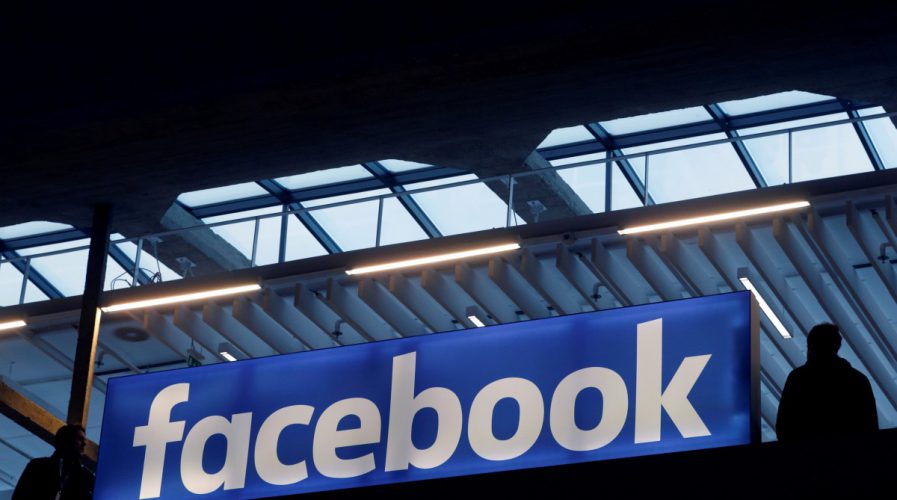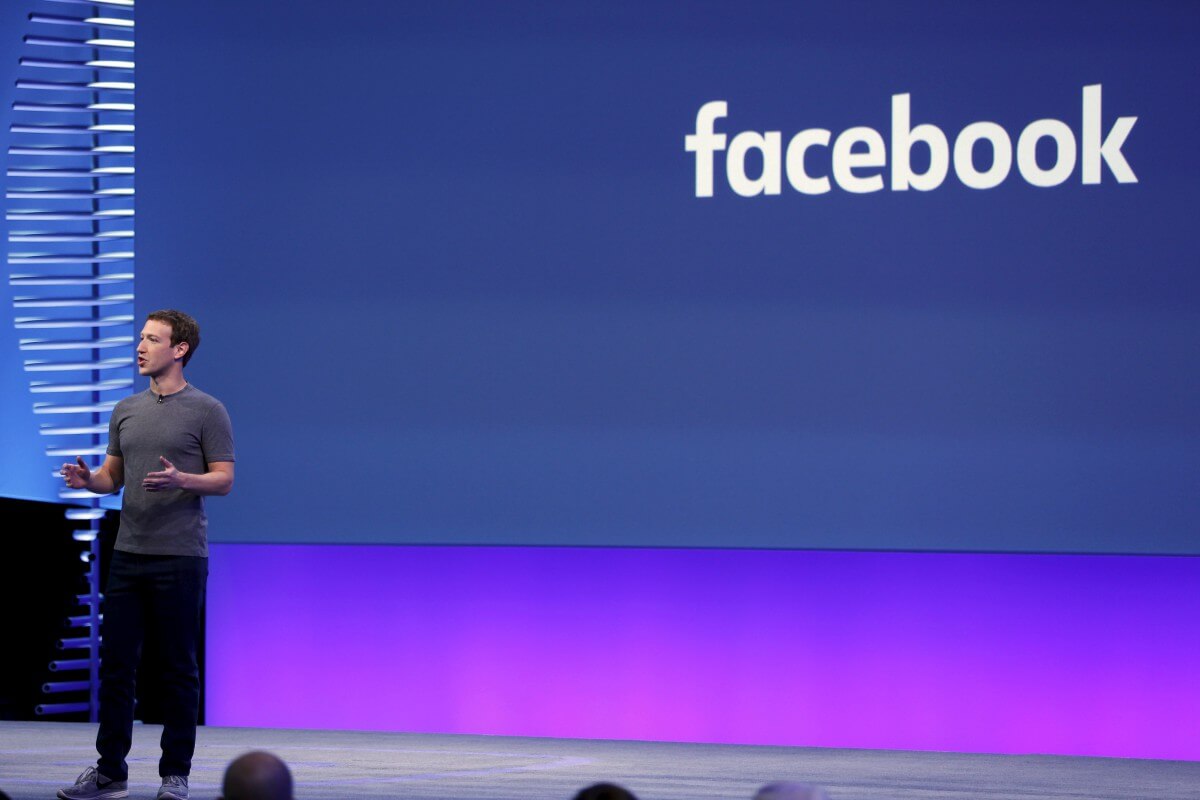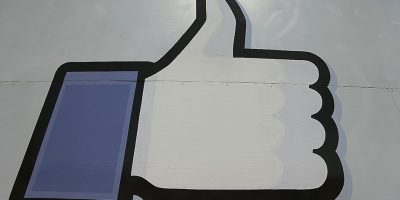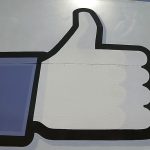
The researchers said collusion networks were active during the 2016 presidential election season. Source: Reuters
Facebook’s annual report hides surprising fact about fake accounts
FACEBOOK’S quarterly profits report had a startling revelation: as many as 270 million accounts on its platform are fake, confirming for the first time what most already had inklings of for many years regarding the ease with which social media can be used for fraud and deception.
The numbers were buried in the company’s latest user base announcement, which was revealed on Wednesday night, as reported first by Business Insider.
Roughly two to three percent of all of Facebook’s 2.1 billion monthly active users as of the third quarter of 2017 were deemed “user-misclassified and undesirable accounts”. Those rates were said by the company to be higher than the one percent it estimated back in July this year.
The report also found 10 percent of all accounts were duplicates of real people, significantly higher than the six percent it was said to be in the second quarter. That 10 percent number might look insignificant, but it actually represents 60 million fake accounts that are being used by fraudsters on the site.
According to the Telegraph, the demographics of those fake profiles include profiles set up by businesses – who should have instead set up pages – as well a those made for the express purpose of spamming activity and scams.
The news of the spread of Facebook’s fake accounts problem lands at an awkward time for the platform. The Zuckerberg-founded company is currently embroiled in a federal investigation into how much influence was wreaked on the recent US presidential election as a result of manipulation of the site and its news feeds by Russian entities.

Zuckerberg’s site is one of the biggest publishers in the world, though they are reluctant to adopt a publisher’s responsibilities. Source: Reuters
The revelation could lead to strict regulations of the social network, a practice that is already spreading beyond the US and spilling out in various countries across Asia.
Facebook is also battling accusations that their lack of screening on advertisements all across the platform has resulted in not only foreign meddling in political process, but also led to disastrous events of the average consumer.
Founder and CEO Mark Zuckerberg has time and again repeated the claim that the company did not have control over what its users do, though he has in recent time backtracked to accept some responsibility for the outcome of certain political events.
An NYU marketing academic, Scott Galloway, told BI that the company’s eschewing of its responsibility to moderate and control what content flows in and out, despite adopting the guise of a media company.
A key reason for the sudden spike in the number of fake accounts, according to the company, lies in the tools the company used to identify fake accounts. At its Wednesday announcement, Facebook said that the company had improved the data used to define fake accounts, which led to the increased of visible fake accounts. Certain countries such as Indonesia and Vietnam – where media is more strictly controlled – did experience “episodic spikes”, however.
READ MORE
- Ethical AI: The renewed importance of safeguarding data and customer privacy in Generative AI applications
- How Japan balances AI-driven opportunities with cybersecurity needs
- Deploying SASE: Benchmarking your approach
- Insurance everywhere all at once: the digital transformation of the APAC insurance industry
- Google parent Alphabet eyes HubSpot: A potential acquisition shaping the future of CRM




